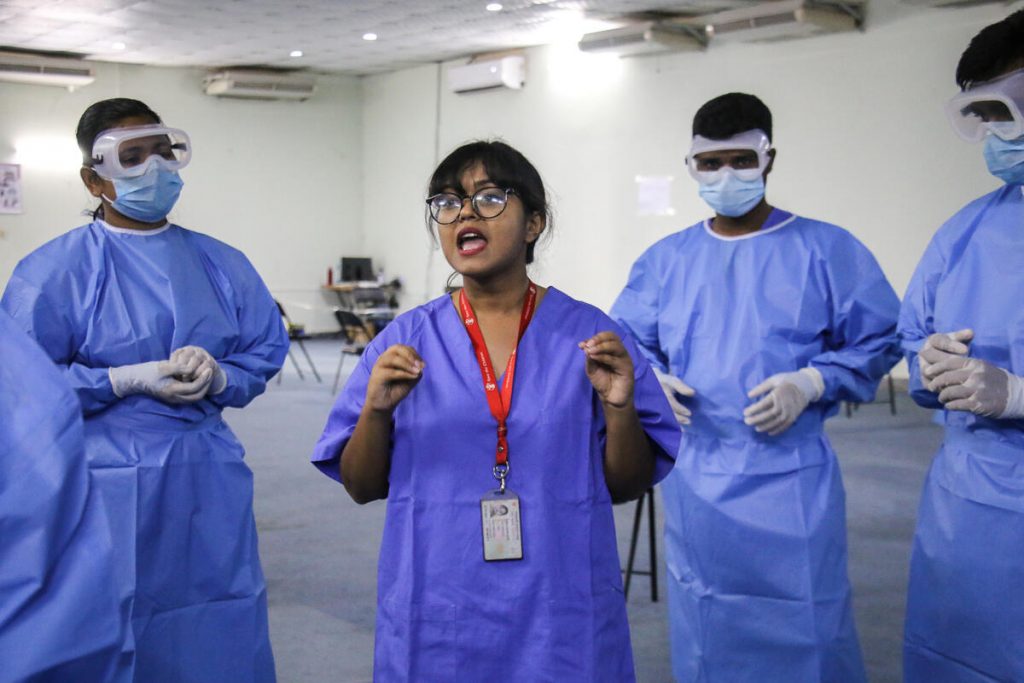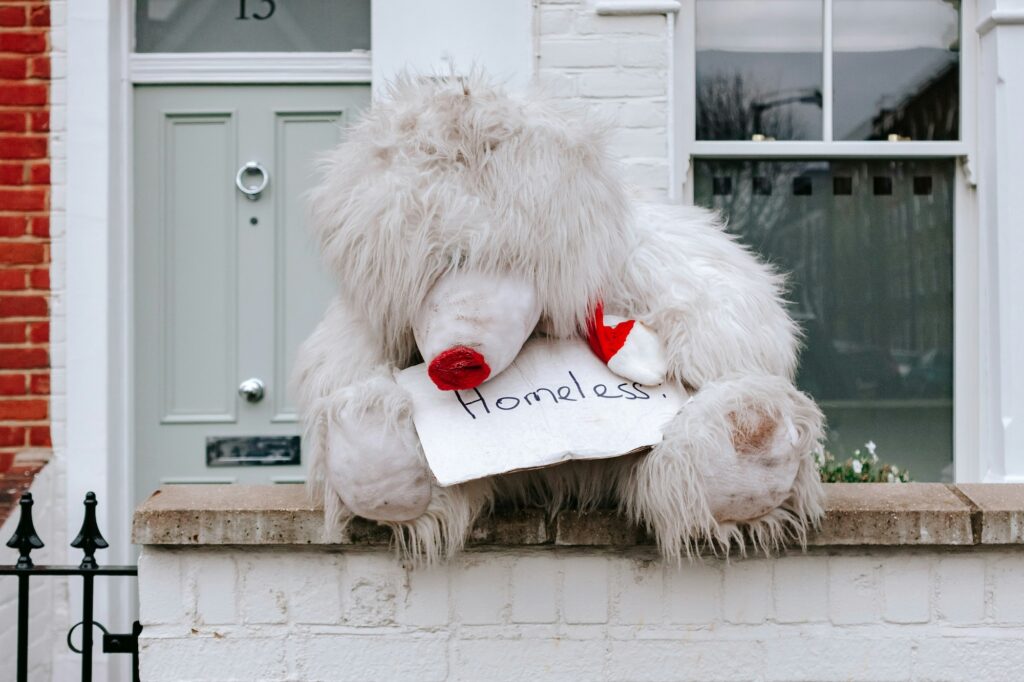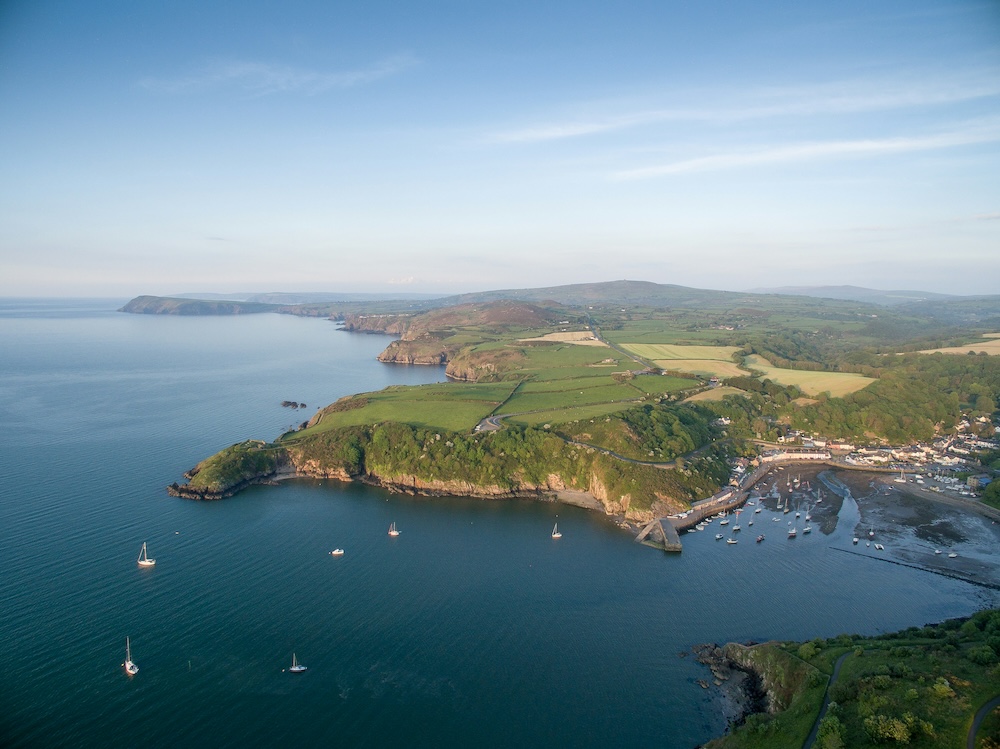Coronavirus needs a global response to alleviate the suffering of the world’s poorest and the people of Wales have an important part to play, writes Rachel Cable.
We’ve all heard it hundreds of times ‘stay home, stay safe, stop the spread’.
Simple measures implemented to ensure our safety. In reality, we’ve all had to make sacrifices unimaginable only a few months ago.
Despite the challenges, from Porthcawl to Prestatyn, we have had our wonderful NHS and key workers throughout, who despite the dangers, worked tirelessly to ensure that we had the best chance possible to fight the virus.
This is not the case for millions of families around the world.
For families living in the world’s most fragile states like Yemen, Sudan, and Syria, home isn’t safe. Many have been forced to flee violent conflict and now face coronavirus without running water, or even a bar of soap.
In refugee camps, like Cox’s Bazar in Bangladesh, social distancing is impossible when all that separates neighbours is flimsy bamboo and tarpaulin structures. The camp, which is the largest in the world, is home to at least 700,000 Rohingya refugees – more than the population of Cardiff and Swansea combined – has already confirmed cases of the coronavirus.
So, in addition to the constant threat of flooding and landslides, families must face this deadly virus without enough medical facilities or supplies to stop the spread.
That is why 14 of the UK’s leading charities have come together as part of the Disasters Emergency Committee (DEC) to help the world’s most fragile places.
80 percent of the population – including 12 million children – rely on humanitarian aid.
Of the 7 charities that are based in Wales – British Red Cross, Christian Aid, CAFOD, Islamic Relief, Oxfam, Save The Children and Tearfund – our aid workers are already on the ground, working around the clock to provide emergency aid: water, food, and vital handwashing facilities.
With the help of the people in Wales, DEC charities can scale up our work, and reach millions more families with the vital information and supplies they need to keep themselves safe.
Our aid workers have the expertise to ensure that families have access to handwashing facilities, that doctors have access to PPE, and that children can access home learning, so their education isn’t lost. For many across Wales, these stories of inconceivable hardships are not just something they see on the news, it’s what they hear every night when speaking to family.
Butetown in Cardiff is home to one of the oldest ethnic communities in the UK. After sailors from Yemen first settled in the small area by Cardiff docks after first arriving in the 1860s to work in the South Wales coal industry, a strong Yemeni community has grown in the area. Their descendants, who still live in that same area that their great-great-grandfathers first settled, have kept close links to their home country which today, is on the brink of a humanitarian catastrophe.
After facing five long years of civil war, 80 percent of the population – including 12 million children – rely on humanitarian aid.
We know that coronavirus is already rapidly spreading. Although official figures have only recorded 1,500 cases and 425 deaths, the UK Government estimates there might be as many as 1 million COVID-19 cases in Yemen.
The majority of people do not have access to running water or even a bar of soap, and in a country where 50% of health services have been destroyed, the World Health Organisation estimates 1 in 4 people who are contracting coronavirus are dying.
Seeing the dire situation that their family and friends face in Yemen, the Butetown Yemeni community have been fundraising and raising awareness by speaking out. Doing what they can to help. Across Wales, we have seen how small acts and simple measures can make a massive difference.
We can all do something to help protect the poorest and most vulnerable in every society. From donating directly, to speaking to our friends and family about the situation around the world, to sharing on social media.
We need to fight this virus together and through sharing knowledge and resources, we can help to protect everyone. By coming together, we can help families who have lost everything to survive. https://donation.dec.org.uk/coronavirus-appeal
All articles published on the welsh agenda are subject to IWA’s disclaimer.
Photo credit: Sonali Chakma / Save the Children





